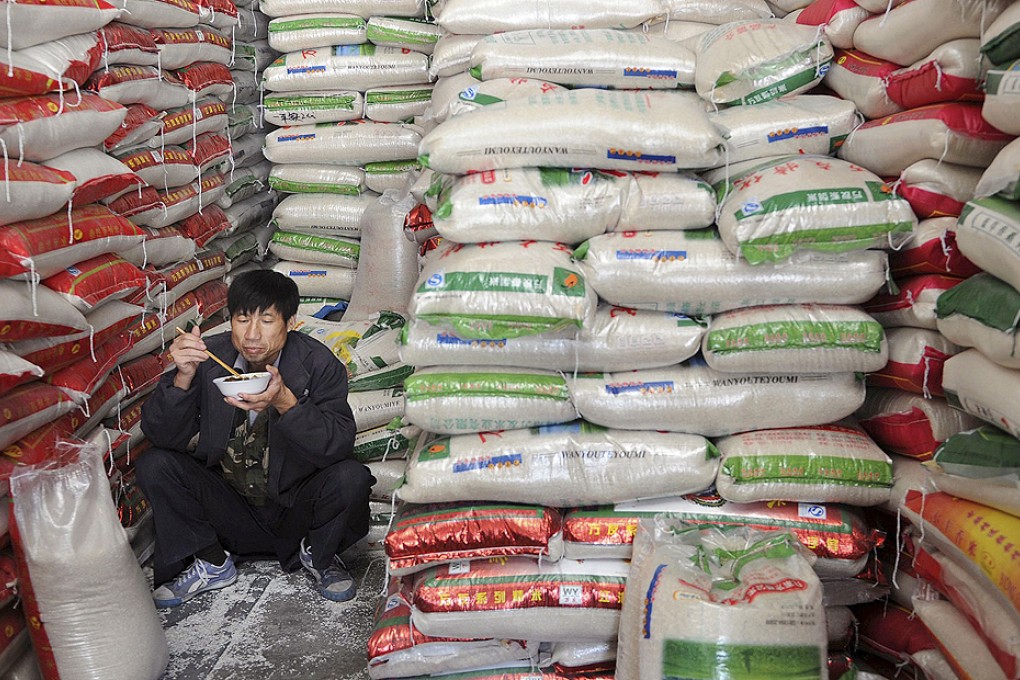Genetically modified rice found for sale in Wuhan supermarket
Genetically modified (GM) rice, which is illegal to sell or grow commercially on the mainland, has been found on sale in a large supermarket in Wuhan.

Genetically modified (GM) rice, which is illegal to sell or grow commercially on the mainland, has been found on sale in a large supermarket in Wuhan.
State television commissioned tests on five packets of rice picked at random on sale at the supermarket and three were found to contain a genetically modified variety of the crop.
The weekly News Probe programme on CCTV said there was also evidence that GM rice had been sold in Hunan, Anhui and Fujian.
China imports huge amounts of genetically modified crops, particularly soya beans, but does not allow GM rice to be grown or sold on the mainland. The government previously said more tests were needed to ensure the safety of GM varieties of rice.
News Probe commissioned the Chinese Academy of Inspection and Quarantine to test the samples of rice on sale in Wuhan. It found three of the five packets contained a genetically modified strain of rice that was designed to be pest resistant.
It was one of two varieties developed by Dr Zhang Qifa, a professor at Huazhong Agricultural University in Wuhan, Hubei , in 1999. The Ministry of Agriculture authorised experimental planting of the two varieties in 2003 and issued them with safety certificates in 2009, but it has never approved commercial planting. The safety certificates expire next month.
The report said the European Union had also tested rice imported from China and found traces of the same genetically modified variety found in the Wuhan supermarket.